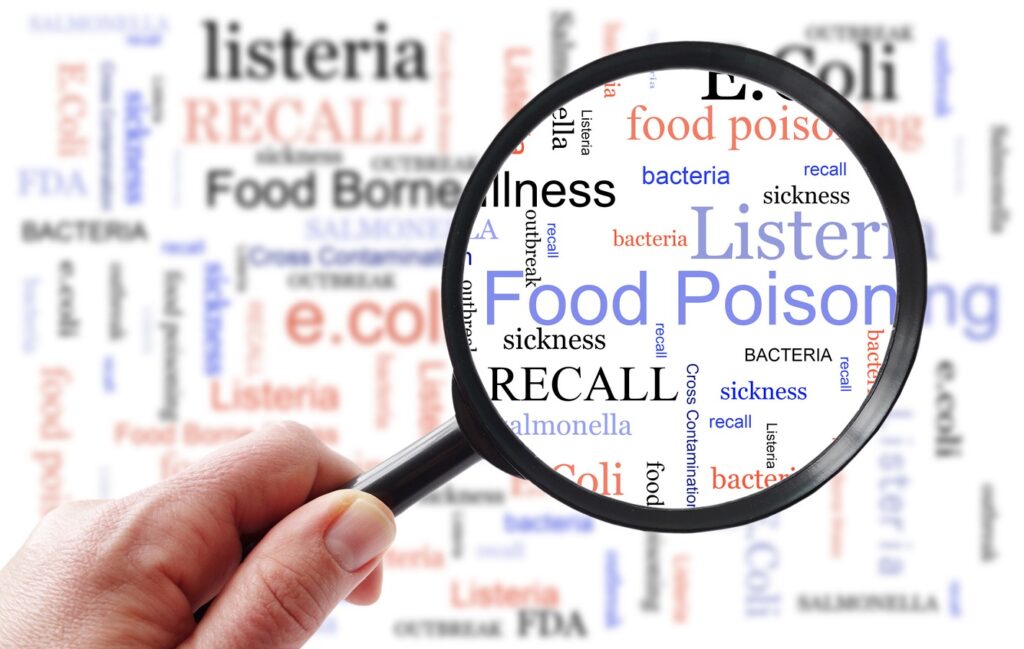The CFIA reported that Springbank Cheese Co.( Woodstock, Ontario) and Le Grand Fromage (Fernie, British Columbia) recalled Gorgonzola Truffle Italian Cheese products from the Canadian marketplace due to suspected Listeria monocytogenes. Le Grand Fromage Gorgonzola Truffle Italian Cheese was sold in various packages at 672E 2nd Ave, Box 1614 Fernie, British Columbia, from December 12 to 24, 2023. Springbank Cheese Gorgonzola Truffle Cheese was sold in variable size packages at Springbank Cheese Co. 7422 Crowfoot Rd NW, Calgary Alberta, from December 4 to 24, 2023, inclusively from December 12 to 24, 2023. The recalled products were sold in Alberta and British Columbia. There have been no reported illnesses associated with the consumption of these products.@https://recalls-rappels.canada.ca/en/alert-recall/various-brands-gorgonzola-truffle-cheese-recalled-due-listeria-monocytogenes?utm_source=gc-notify&utm_medium=email&utm_content=en&utm_campaign=hc-sc-rsa-22-23




